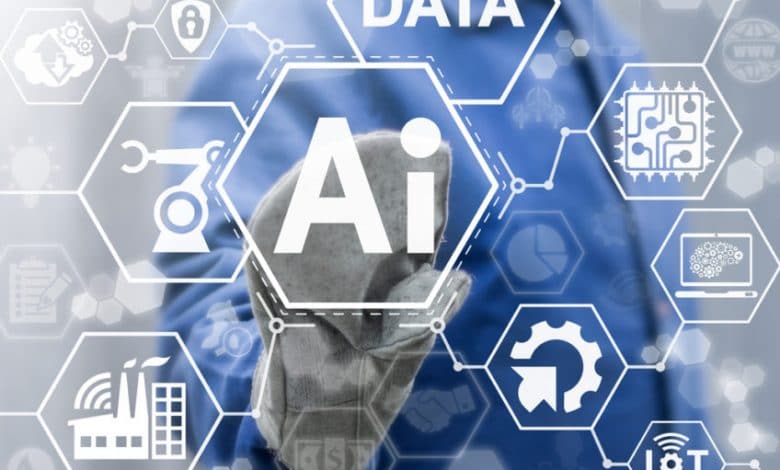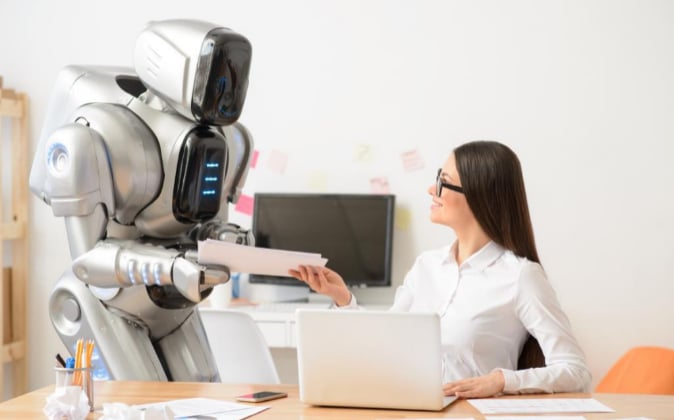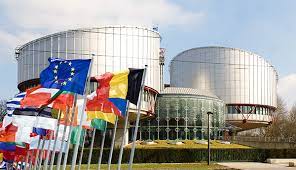
Artificial intelligence (AI) is a great opportunity for pharmaceutical companies. The latest advances in research see AI leading the way in drug discovery, biomarker development and aging research.
Insilico Medicine Inc. achieved a world first by successfully designing, synthesizing and validating a new drug end-to-end from scratch and taking just 46 days to do it, thanks to the first-time use of Artificial Intelligence: which is 15 times less than what is typically required, even for the best pharmaceutical companies.
 What we want to evaluate here, however, is artificial intelligence and the world of work. The goal, for the coming and not very distant years, could be summed up in a formula: "collaboration yes, abuse no". For workers, a scenario full of unknowns and risks is looming. Decision-making automated by algorithms will increasingly be a part of our lives.
What we want to evaluate here, however, is artificial intelligence and the world of work. The goal, for the coming and not very distant years, could be summed up in a formula: "collaboration yes, abuse no". For workers, a scenario full of unknowns and risks is looming. Decision-making automated by algorithms will increasingly be a part of our lives.
It can be said that the path imposed by artificial intelligence in recent years has undermined the traditional logic of knowledge and consequently of the way of doing business: reduction of structural costs with elimination of unproductive parts; downsizing of personnel; redistribution of top management and middle managers in the corporate organisation; massive investments in security and technology; requalification and new staff training; redesign new contractual models with the dominant variable linked to the financial result rather than to the function; value to commercial and marketing policies.
Workers will need to understand how the algorithms adopted by companies work and how automated decisions are made, to have the possibility of contesting them in the event of wrong or partial decisions". According to the search of European trade union institute (Etui) in this case access to code or transparency of algorithms will not only be the most important aspect to claim: “What is needed is the right to intervene and take action if the code makes a decision harmful to an individual”.
In the world of work – warns the Etui – “Lhe concerns are obvious and relate to how work can change or even disappear if replaced by an AI system. Even when these extreme situations they are avoid, working in an environment where AI systems are present increases the risk of misuse or abuse, particularly in cases of monitoring and surveillance in the workplace or in discriminatory practices such as scoring or profiling. In this case, data management is key and the distinction between personal and non-personal data is essential.
 Workers must know how their personal data is collected, stored, processed, disseminated and eventually sold and how data about their behavior at work can be used (potentially against them). In other words, workers and individuals working in complex ecosystems need to become 'privacy conscious'. This should be ensured by collective agreements which in some cases are already starting to adapt to digital changes. In the future these agreements should include clauses relating to surveillance, althe geolocation of behavioral profiles, to human verification dand processes using AI”.
Workers must know how their personal data is collected, stored, processed, disseminated and eventually sold and how data about their behavior at work can be used (potentially against them). In other words, workers and individuals working in complex ecosystems need to become 'privacy conscious'. This should be ensured by collective agreements which in some cases are already starting to adapt to digital changes. In the future these agreements should include clauses relating to surveillance, althe geolocation of behavioral profiles, to human verification dand processes using AI”.
As for the "algorithmic decision making”, a phenomenon that already affects the present of millions of workers from logistics to services, “the concern is that algorithms will be increasingly integrated into decision-making processes, without any human intervention. In this type of context, workers must be able to understand how an automated decision has been made and, in case of biased or harmful decisions, they must be able to contest them.
For ISFs, the risk is to create robot ISFs, carefully monitored, geolocated, instructed on what to say and with a precisely programmed work organization.
Related news: The world of work between human and non-human
Doctors replaced by robots? Here are the possible risks for the work of white coats
From molecules to drugs with artificial intelligence
Big Pharma, it's the age of artificial intelligence
Drug launch? Teleshopping and Artificial Intelligence take care of it. Ed
Digitization of Italian healthcare, all the objectives to remain competitive





